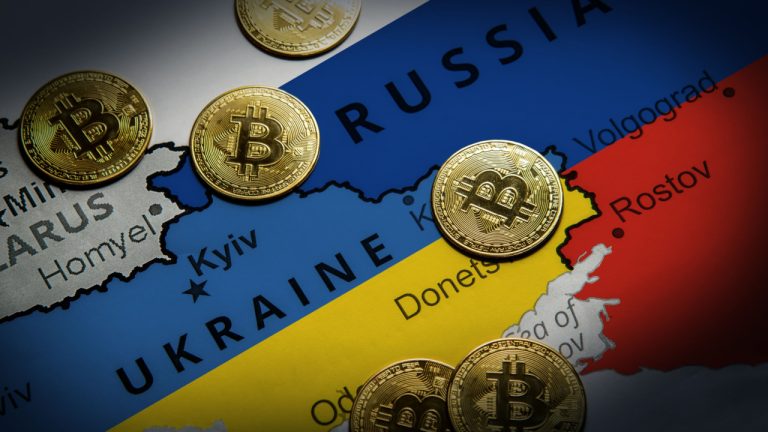
The foundation apparently does not intend to create its own digital wallet, however. Its' goal is to make it easier for companies to create wallets for themselves.
The Linux Foundation, a global nonprofit organization that enables innovation within the blockchain ecosystem through access to open source technology, has announced plans to launch the OpenWallet Foundation (OWF).
The OWF is a collaborative effort between companies in the technology and public sector, as well as stakeholders within the blockchain ecosystem, to develop open-source software to support the interoperability of digital wallets; software designed to send, receive, store and monitor digital assets.
According to a press release issued on Sept. 13, the primary goal of the OWF is to build a multi-purpose open source engine that anyone with the technical understanding can use to build safe, secure, and privacy-protected interoperable wallets. The foundation also said it seeks to establish best practices for digital wallet technology.
Rather than creating a digital wallet itself, the foundation will focus on building an open-source software engine that other organizations, companies, and developers can use to create their own multi-use digital wallets. Jim Zemlin, the executive director of the Linux Foundation, shared:
“We are convinced that digital wallets will play a critical role for digital societies. Open software is the key to interoperability and security. We are delighted to host the OpenWallet Foundation and excited for its potential.”
Accenture’s David Treat, a member of the Foundation, stated:
“Universal digital wallet infrastructure will create the ability to carry tokenized identity, money, and objects from place to place in the digital world. Massive business model change is coming, and the winning digital business will be the one that earns trust to directly access the real data in our wallets to create much better digital experiences,”
Joining Linux Foundation in this endeavor are other renowned companies like CVS Health, The Open Identity Exchange, Okta, OpenID Foundation, Ping Identity, polypoly, Procivis AG, Transmute, and Trust Over IP Foundation.












